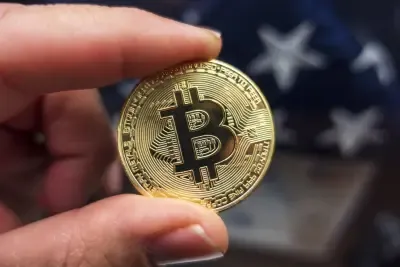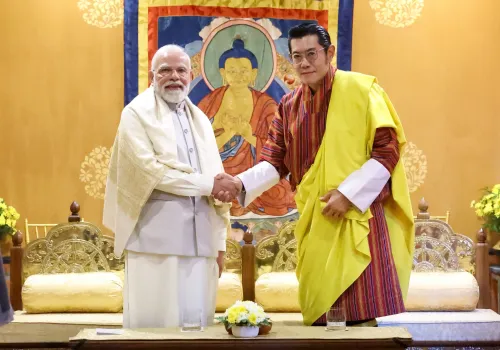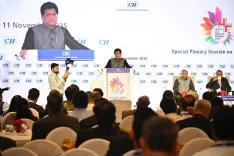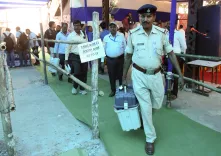Will Iran and E3 Resume Nuclear Talks?
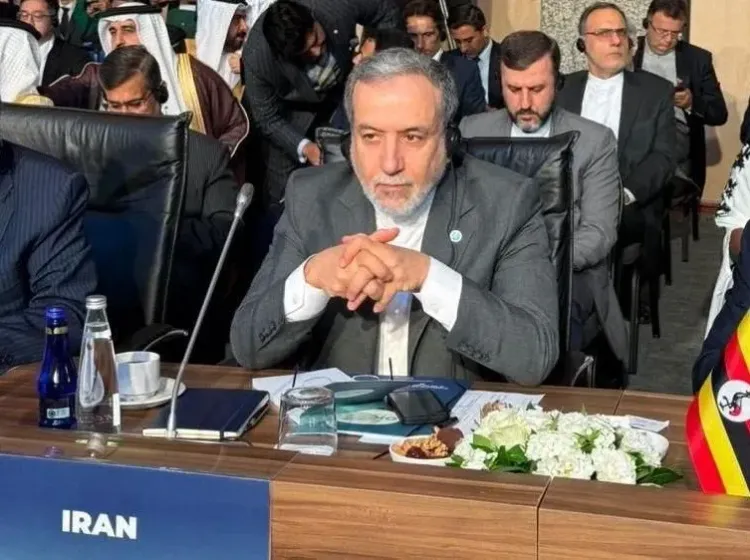
Synopsis
Key Takeaways
- Iran and E3 to resume nuclear negotiations
- Talks expected to involve deputy foreign ministers
- Snapback mechanism poses risks for diplomatic relations
- Iran warns of strong response to sanctions
- Importance of meaningful diplomacy emphasized
Tehran, July 21 (NationPress) Iran, along with the three European nations of France, Germany, and Britain—collectively referred to as the E3—has decided to restart discussions regarding Tehran's nuclear program, according to a semi-official news outlet.
As per an 'informed source' cited by Tasnim, the parties are currently in talks to determine the timing and location for the negotiations, as reported by Xinhua news agency.
The forthcoming discussions are anticipated to involve deputy foreign ministers.
Since September 2024, Iran and the E3 have engaged in multiple rounds of discussions addressing Tehran's nuclear ambitions and the lifting of sanctions, among other topics.
In recent months, the E3 has threatened to activate the snapback mechanism—a provision in the Joint Comprehensive Plan of Action (JCPOA) established in 2015—which allows the reinstatement of international sanctions if Iran is deemed non-compliant with the agreement.
Tehran has consistently cautioned that it will respond decisively should the E3 invoke this mechanism.
Additionally, Iranian Foreign Minister Seyed Abbas Araghchi warned on Sunday against the E3 undermining the credibility of the UN Security Council (UNSC) by reinstating sanctions through the snapback mechanism.
In a post on X, Araghchi asserted that the E3 lacks the 'legal, political, and moral authority' to invoke any provisions of the 2015 nuclear deal or UNSC Resolution 2231 that enable the reimposition of international sanctions due to Iran's non-compliance.
He highlighted that after the United States exited the Joint Comprehensive Plan of Action in 2018, Iran utilized all dispute resolution avenues before taking corrective actions, while the E3 did not fulfill their obligations and even supported the U.S. 'maximum pressure' strategy.
'The E3 must avoid actions that would only exacerbate divisions within the Security Council or lead to serious negative repercussions on its operations,' Araghchi emphasized, adding that Iran is prepared for 'meaningful diplomacy' but will resist aggressive tactics.


